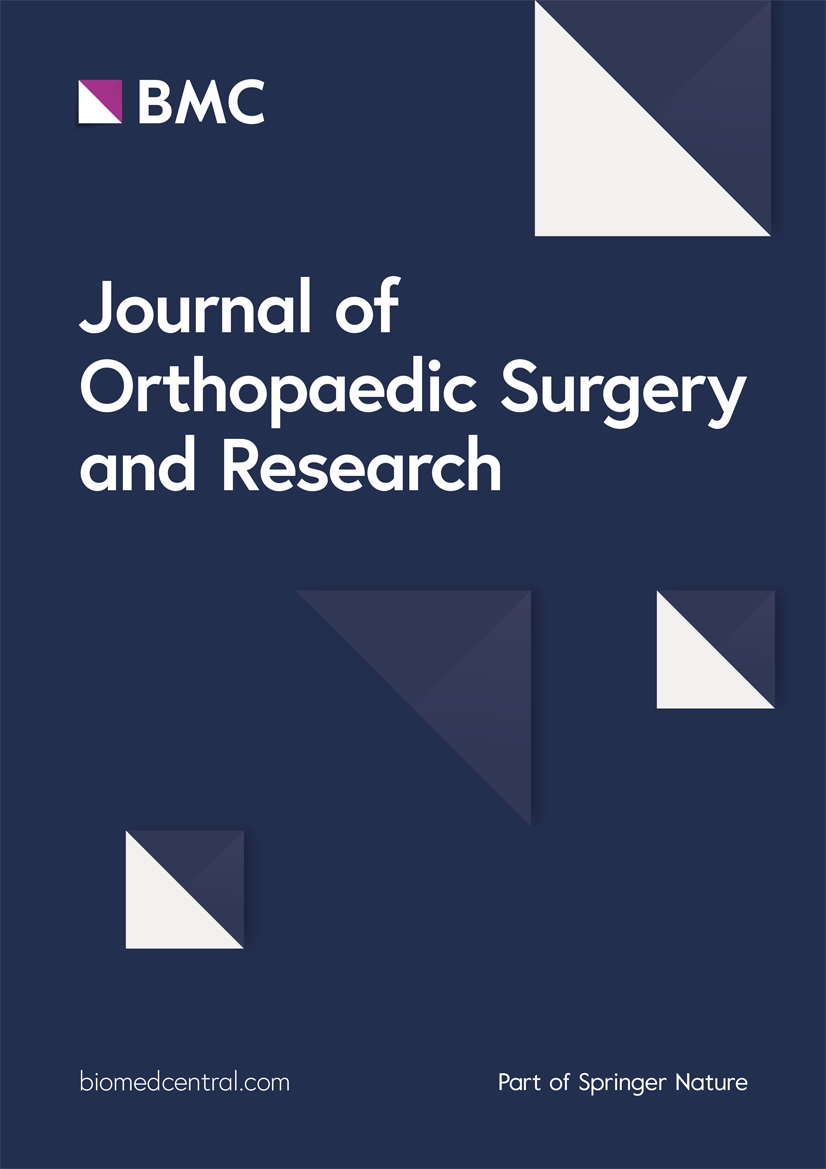Review of the Study: Anabolic Steroids After Total Knee Arthroplasty

However, limitations exist:

 josr-online.biomedcentral.com
josr-online.biomedcentral.com
Introduction
Total knee arthroplasty (TKA) is a common and effective procedure for managing end-stage osteoarthritis, but post-surgical rehabilitation remains a challenge, particularly in elderly patients with preoperative muscle atrophy. The study by Hohmann et al. investigates whether nandrolone decanoate, an anabolic steroid, could improve recovery and muscle strength following TKA.Study Design & Methodology
The study was a prospective, double-blind, randomized controlled trial involving ten patients. Five patients received 50 mg of nandrolone decanoate biweekly for six months, while five control patients received saline injections. The following parameters were assessed preoperatively and at 6 weeks, 3, 6, 9, and 12 months postoperatively:- Knee Society Score (KSS)
- Isokinetic quadriceps and hamstring strength
- Functional tests (sit-to-stand and timed walking tests)
- Bone mineral density (BMD) of femur and lumbar spine
Key Findings
- Quadriceps Strength:
- The steroid group showed significantly higher quadriceps muscle strength at 3 months (p = 0.02), 6 months (p = 0.01), and 12 months (p = 0.02) compared to the control group.
- Hamstring strength, while improved, did not reach statistical significance.
- Functional Outcomes:
- Both groups improved postoperatively, but the steroid group showed a trend toward better performance in sit-to-stand and timed walking tests, though these differences did not reach statistical significance.
- Knee Society Score:
- The steroid group had significantly better KSS at 6 weeks (p = 0.02), 6 months (p = 0.02), and 12 months (p = 0.01), indicating superior clinical outcomes.
- Bone Mineral Density:
- Both groups experienced postoperative bone loss, but the steroid group had less reduction in BMD at both the femur (-0.71%) and spine (-1.25%) compared to the control group (-3.8% and -1.97%, respectively). However, these differences were not statistically significant.
- Safety:
- No adverse effects were reported in either group, suggesting nandrolone was well tolerated.
Discussion & Clinical Implications
The results suggest that nandrolone decanoate has potential benefits in postoperative recovery, particularly in preserving quadriceps strength and improving overall knee function. The findings align with prior research on anabolic steroids aiding in muscle mass retention and recovery in elderly or post-surgical patients.However, limitations exist:
- Small sample size (n=10), reducing statistical power.
- Short follow-up period beyond one year would be needed to assess long-term functional improvements and safety.
- The lack of significant improvement in hamstring strength and functional scores suggests that additional rehabilitation strategies may be necessary alongside nandrolone treatment.
Conclusion
This pilot study strongly supports the potential use of nandrolone decanoate as an adjunct to rehabilitation after TKA. The results indicate significant improvements in quadriceps strength and KSS scores, with no adverse effects. Larger, multi-center randomized controlled trials are needed to further evaluate the clinical relevance, long-term safety, and optimal dosing of anabolic steroids in post-TKA rehabilitation.
Anabolic steroids after total knee arthroplasty. A double blinded prospective pilot study - Journal of Orthopaedic Surgery and Research
Background Total knee arthroplasty is reported to improve the patient's quality of life and mobility. However loss of mobility and pain prior to surgery often results in disuse atrophy of muscle. As a consequence the baseline functional state prior to surgery may result in poorer outcome "post...













